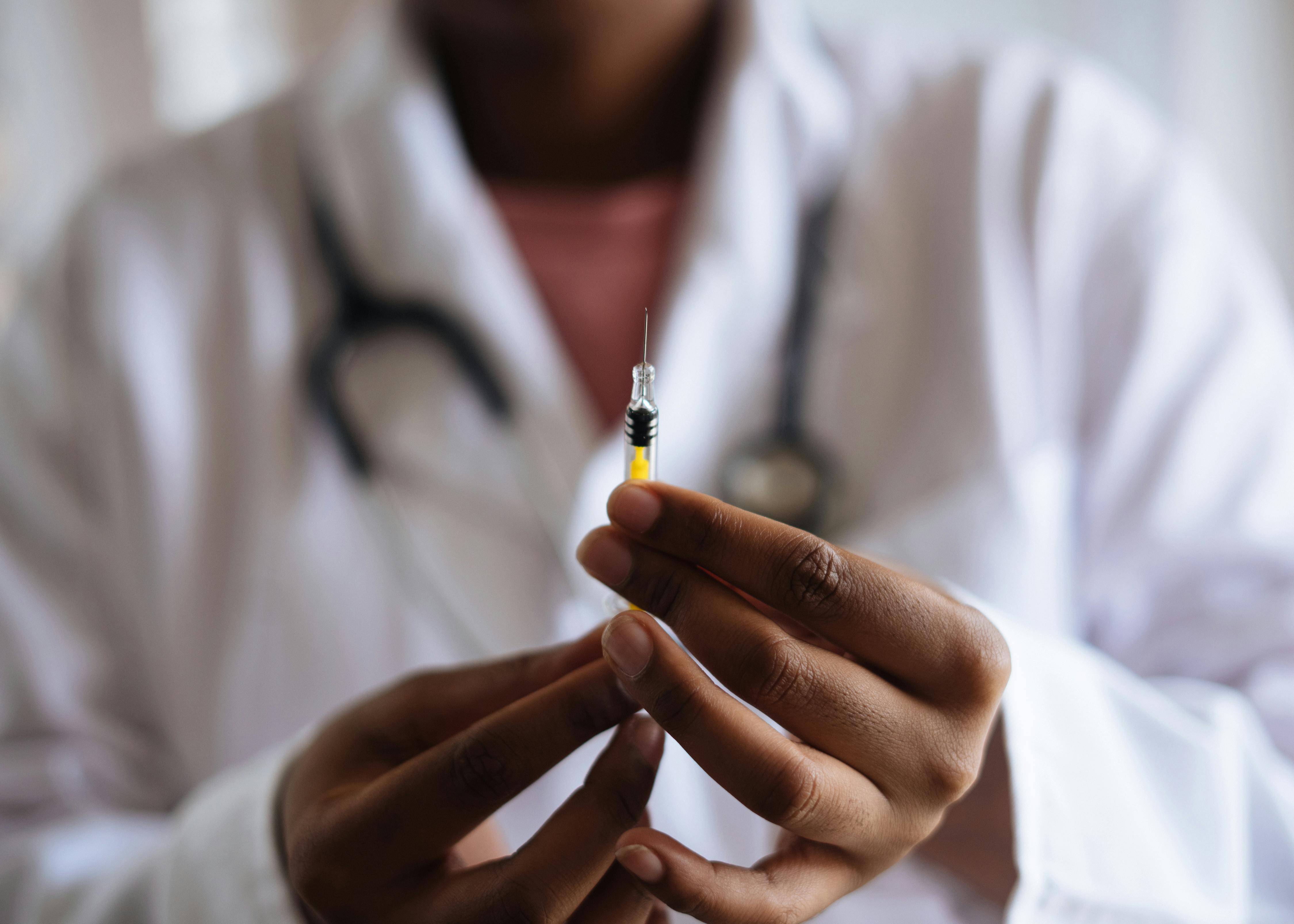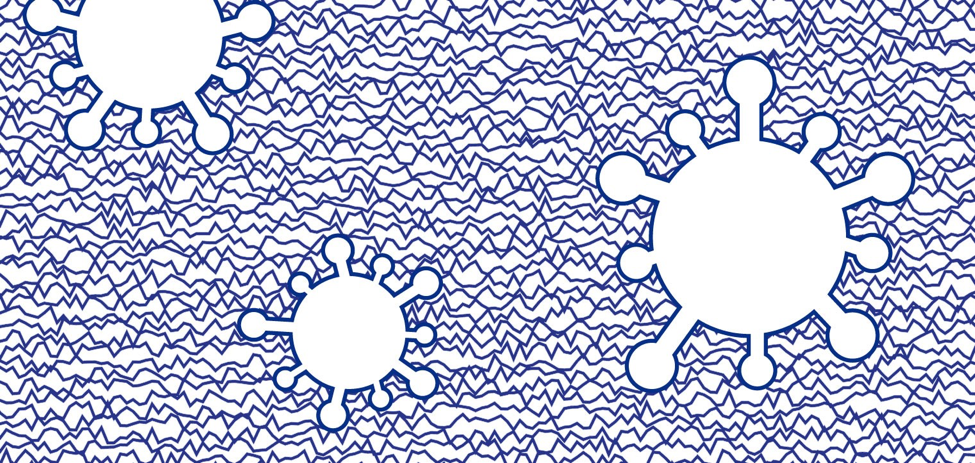Prevent the spread of contagious illness this season
Cold and flu season is commonly referenced, but don’t forget about other contagious illnesses like RSV, norovirus and now measles. Personal hygiene such as washing hands, not sharing food or drink, disinfecting commonly used items such as phones and doorknobs, will help in preventing the spread of these illnesses. For flu and RSV, the best practice is to get vaccinated.
Preventing measles
Measles is a highly contagious virus that can cause serious health complications. Some symptoms include high fever, cough, congestion, conjunctivitis and rash. It can also cause ear infections, diarrhea, pneumonia and in some cases encephalitis.
Anyone who is not vaccinated is a risk of illness. Health experts say that one person can infect up to 10 people if they are not protected. The best protection is the measles, mumps and rubella vaccine.
Dr. Peter Hotez, Dean for the National School of Tropical Medicine at BCM, talked with ABC News about the recent Texas outbreak - Amid growing Texas outbreak, how contagious is measles?
Hotez also talked with Yahoo!News - Measles outbreak FAQ: Do I need a vaccine booster? What do I do if I've been exposed? And what are the symptoms?
For more information: CDC
How to prevent norovirus
Norovirus is a highly contagious form of acute gastroenteritis causing vomiting and diarrhea. It is spread through direct contact with someone who is sick or with items they have touched while sick. It can spread even after symptoms have ended.
To help prevent the spread, wash hands with soap and water often, always after using a bathroom, before eating or preparing food and before and after contact with another person. Hand sanitizer is not a substitute for handwashing.
Norovirus: How it spreads, treatment and prevention
Dr. Robert Atmar, professor of medicine - infectious disease at BCM, talked to the Washington Post about Norovirus - Norovirus: What to know about rising outbreak of the gastrointestinal ailment
Discovery of norovirus replication hubs offers new antiviral targets
For more information: CDC
How to prevent the spread of influenza
The flu is caused by the influenza virus and can spread through touch or air droplets from coughing, sneezing or even talking. While good hand hygiene can help in prevention, the best line of defense is getting vaccinated.
FluMist: Who is the nasal spray best for?
Prevent feeling under the weather this winter season
Should you get the flu vaccine?
For more information: CDC
How to prevent RSV
RSV stands for respiratory syncytial virus infection. While anyone can get RSV, it is more severe in infants and the elderly. It is spread the same way other cold and flu viruses are spread, through touch or exposure. Vaccination against RSV is recommended for those 60 years and older who are at an increased risk of severe complications and all who are older than 75. To protect babies, pregnant women should be vaccinated. If not, babies between 8-19 months can also be vaccinated.
Yes, adults can get RSV and it can be severe
Protecting you baby from RSV: What every parent needs to know
For more information: CDC
Preventing COVID
COVID-19 is caused by the SARS-CoV-2 virus and leads to respiratory symptoms that can be severe or deadly in those with underlying health conditions. It can also lead to long-term health issues for some which is why prevention is key. Vaccines are available and are the first line of defense. It is also advised to practice good hygiene, such as hand washing, staying away from others who might be sick or isolating yourself when you are sick.
COVID, flu and RSV: Know the vaccines for these three common respiratory viruses
For more information: CDC
Additional Resources

Measles cases updates
Stay updated on measles cases across the country.

Weekly US Influenza Map
Check out the U.S. Centers for Disease Control and Prevention weekly influenza update.

RSV Current Wasterwater Viral Activity
Wastewater testing can detect traces of infectious diseases circulating in a community.

Norovirus alerts
Norovirus outbreak tracker: current alerts and advisories

COVID tracker
Stay up to date on the most recent COVID data.








